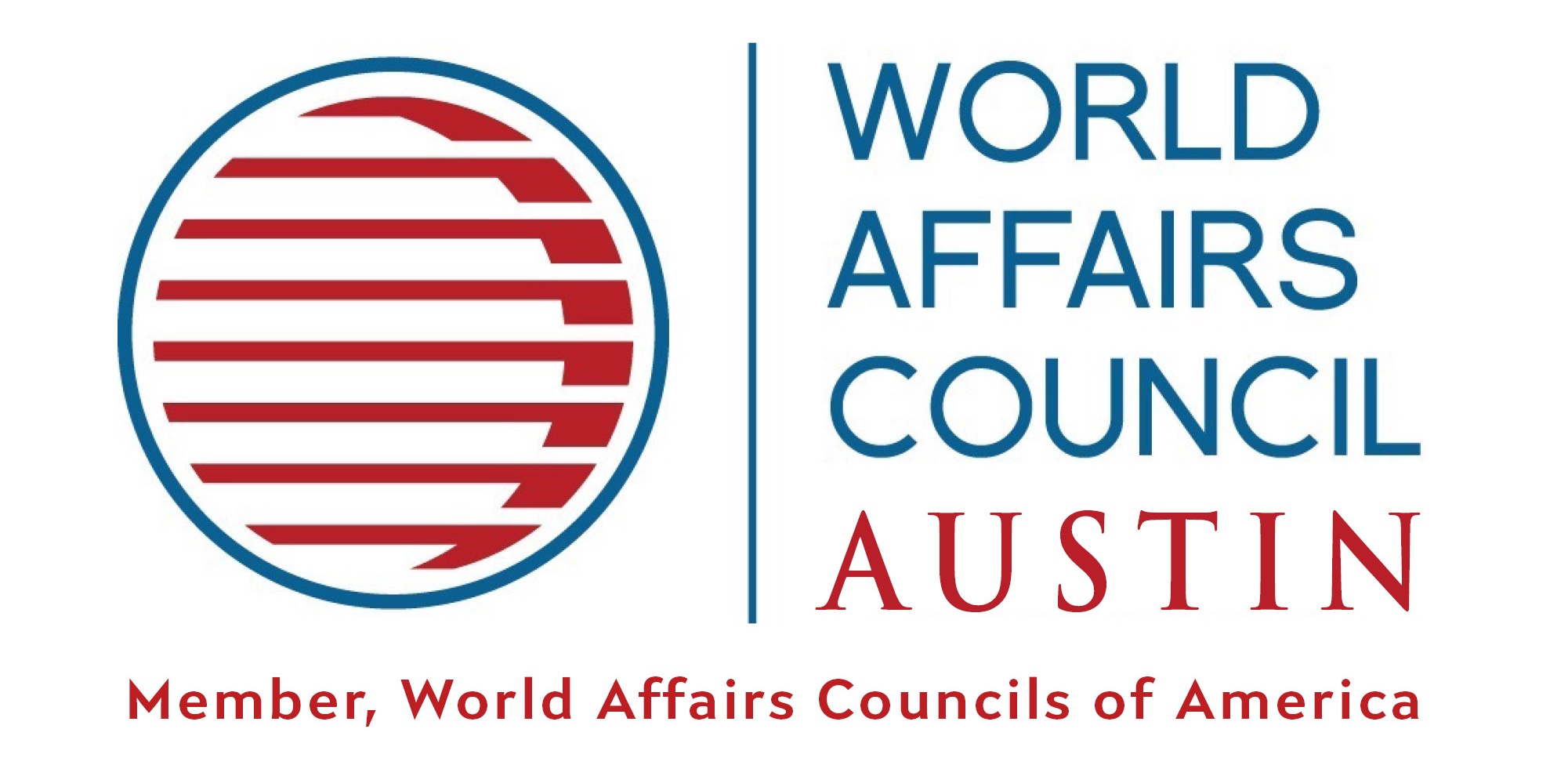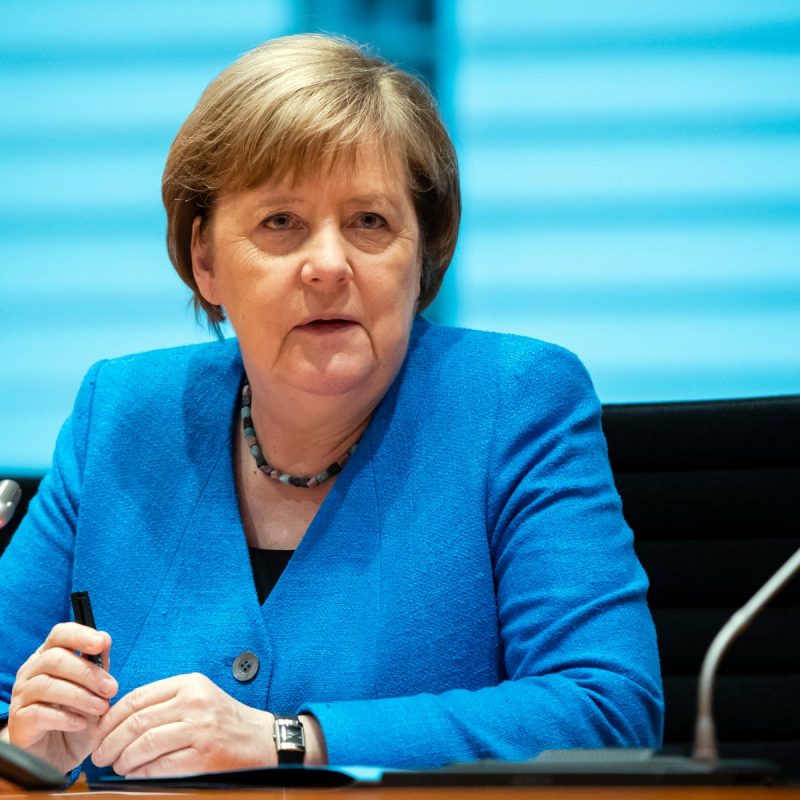Since the end of World War II, Germany and the United States have maintained strong political, trade, and security relations. As a NATO Ally and one of the largest and economically prosperous EU member states, Germany has been a crucial partner for the United States in ensuring security on the European continent and fostering a global order based on liberal democracy and economic cooperation. Nevertheless, in recent years the bilateral US-German relationship has experienced a number of turbulences that have impacted on broader questions of transatlantic and international security. During the presidency of Donald J. Trump, bilateral tensions over security and military cooperation have become more visible. The end of Angela Merkel’s chancellorship in December 2021, after more than 16 years in office, has also raised questions over the future trajectory of German foreign and defense policy.
Will the new German “traffic light” coalition of Social Democrats, the Green Party, and Free Democrats stay the course of a German foreign policy premised on transatlanticism, military restraint, and a strong economic model? And will the Biden administration be able to restore mutual friendship and trust between Washington, DC and Berlin?
This World Affairs Council of Austin program in partnership with the Center for European Studies at the University of Texas (Austin) and the Kozmetsky Center for Excellence at St. Edward’s University will feature:
- Dr. Sharyl N. Cross, Director, Kozmetsky Center for Excellence (St. Edward’s)
- Dr. Sebastian Bruns, McCain Fulbright Visiting Professor (US Naval Academy, Annapolis)



